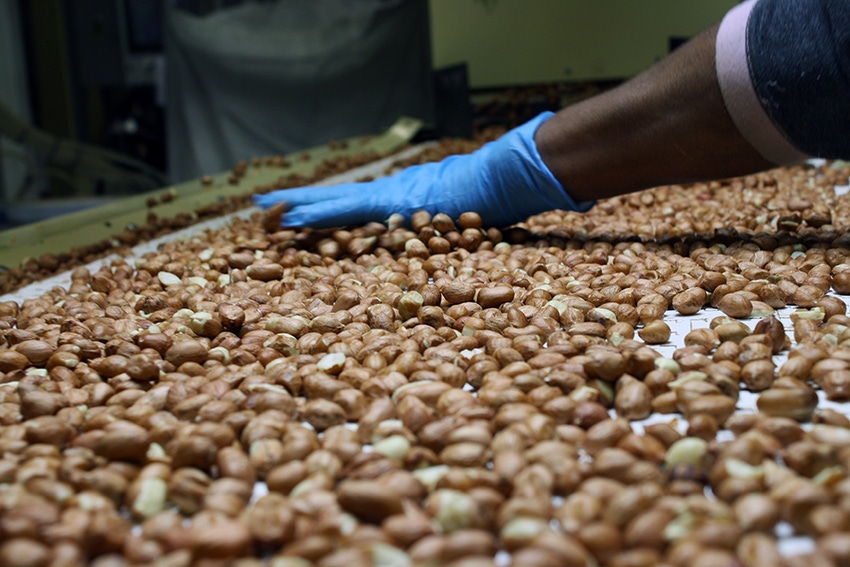
Karl Zimmer says the U.S. peanut industry needs to realign itself to add value along its supply chain, and it needs to push back on non-tariff trade barriers.
“I think historically there's been misalignment between the elements of the supply chain with growers and shellers or growers and buying points. And what that has done is it has increased the cost of U.S. peanuts, and it's made us less competitive internationally and less competitive domestically as well,” said Zimmer, president of the grower-owned Premium Peanut shelling facility in Douglas, Ga., and the current president of the American Peanut Shellers Association.
“So, what do I mean by that? … You want the incentives aligned. You want the growers to be growing and rewarded for growing the product that the buying points need and that the shellers need. And ultimately what our customers are demanding. And I would argue today we don't have that. The customer's needs are changing. They're putting that requirement on the shellers, but yet growers are still driven by a grading system and a USDA CCA payment schedule 40 or 50 years old. They're not aligned,” he continued.
There currently is a project with the Georgia Federal-State Inspection Service in cooperation with USDA and Georgia Tech to make the peanut grading system more efficient, and "(I) completely support that. We need to do that. I think that is Step 1, and then Step 2 is talking about the incentives at each step of the supply chain and how we realign.”
At the annual Southern Peanut Growers Conference July 20 in Panama City Beach, Fla., Zimmer was part of a panel discussion about challenges facing exports and domestic peanut marketing. You can watch a complete interview below, which includes Zimmer’s firsthand account of non-tariff trade barriers impacting U.S. peanuts, particularly in the EU.
“They don't do it with tariffs. In Europe, for example, they've just implemented a requirement that is a mandatory 10 percent reinspection of all U.S. peanut. So, we ship 100 containers, and they're going to pull 10 of them and they're going to reinspect them. And these aren't the most efficient processes sometimes. They leave them in a container in the port for six weeks or eight weeks. And then they'll reinspect them and say, ‘Well, we've had moisture, mold, aflatoxin.’ We all know if you'd leave product in a wet container in wet weather for six or eight weeks, you're going to create issues,” he said.
About the Author(s)
You May Also Like






